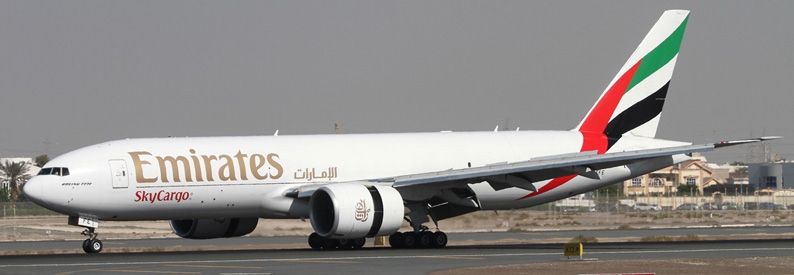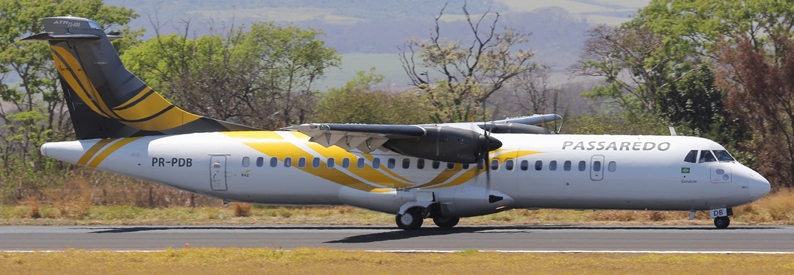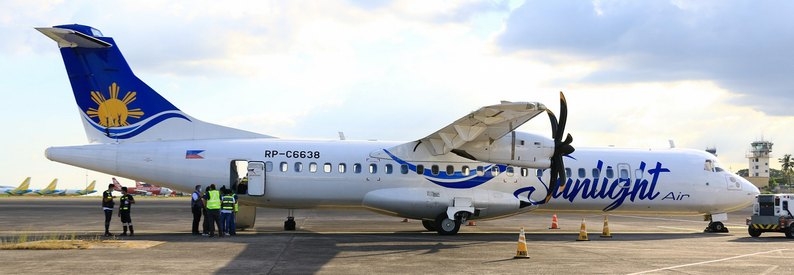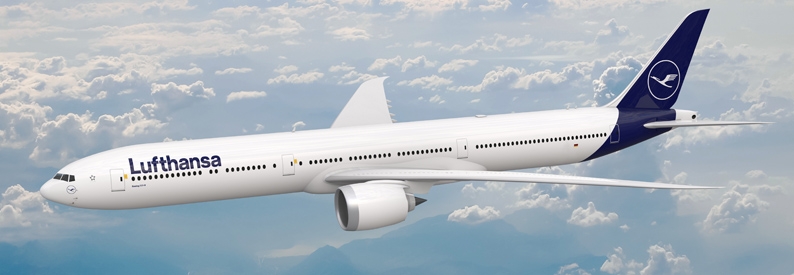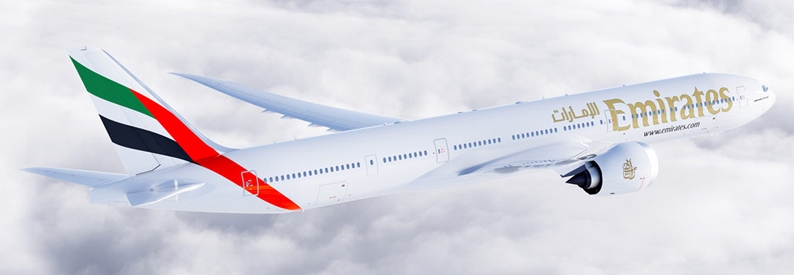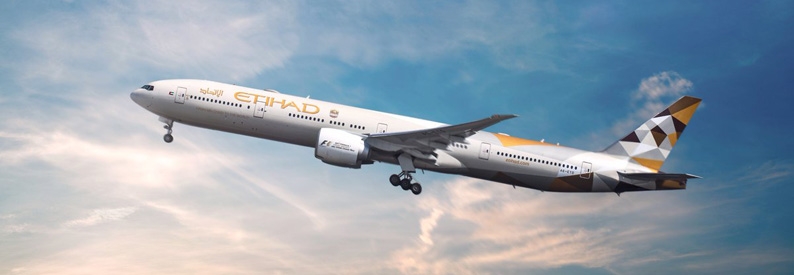Emirates (EK, Dubai International) said in a social media statement that it formally retired its last B777-300 A6-EMX (msn 32702) from its fleet on September 6, 2019, almost a year after the aircraft's last revenue flight.
The 16.3-year-old Boeing widebody operated its last revenue flight on October 27, 2018, flying from Amman Queen Alia to Dubai International. It was subsequently stored at Dubai Int'l and Dubai World Central. On July 16, 2019, it was ferried to Xiamen, Flightradar24 ADS-B data showed. It is due to join the Cathay Pacific (CX, Hong Kong International) fleet as B-HNX.
The Emirati carrier continues to operate 134 B777-300(ER)s, ten B777-200(LR)s, and eleven B777-Fs (plus two units wet-leased from Etihad Airways) in terms of its B777 Family fleet. According to the ch-aviation fleets module, it also has firm orders for thirty-five B777-8s, 115 B777-9s, and a further six B777-300(ER)s.
Meanwhile, Emirates President Tim Clark said during a media briefing at the Aviation Festival in London that the airline would start retiring its A380-800s shortly. The first two units were already grounded and will be parted out.
"You'll start seeing A380s coming out of our fleet for various reasons. These are being dealt with on a tail-by-tail, month-by-month basis under a retirement [schedule] that is well planned already. [The two] are under retirement because we've got a major overhaul coming up and it's best to take the old aircraft out - they're all written down - and take the gear off them rather than buy a USD25 million main landing gear," Clark was quoted as saying by FlightGlobal.
Emirates currently operates one hundred and twelve A380-800s, nearly half of all units of the type active globally. Earlier this year, it said it would cut its order for the A380s from a total of 162 units to 123, leading Airbus to announce the end of the type's production in 2021.
Clark also said that the airline would not take deliveries of B777-8s and -9s unless General Electric solved all problems with the types' engines.
"When they don't give me those aeroplanes and engines that work - it's over... I think propulsion is an issue for us, and I'm a little bit irritated. I say you give us airframes and engines that work from day one. If you can't do it, don't produce them," Clark was quoted as saying by Reuters.
Clark added that the issues with Rolls-Royce engines have so far been preventing the carrier from firming its commitment for forty A330-900s and thirty A350-900s announced earlier this year.
Emirates signed a commitment for forty B787-10s in 2017 but has so far not firmed it and recently stopped mentioning the prospective deal in its financial reports, although it also did not explicitly bail out on the order.


